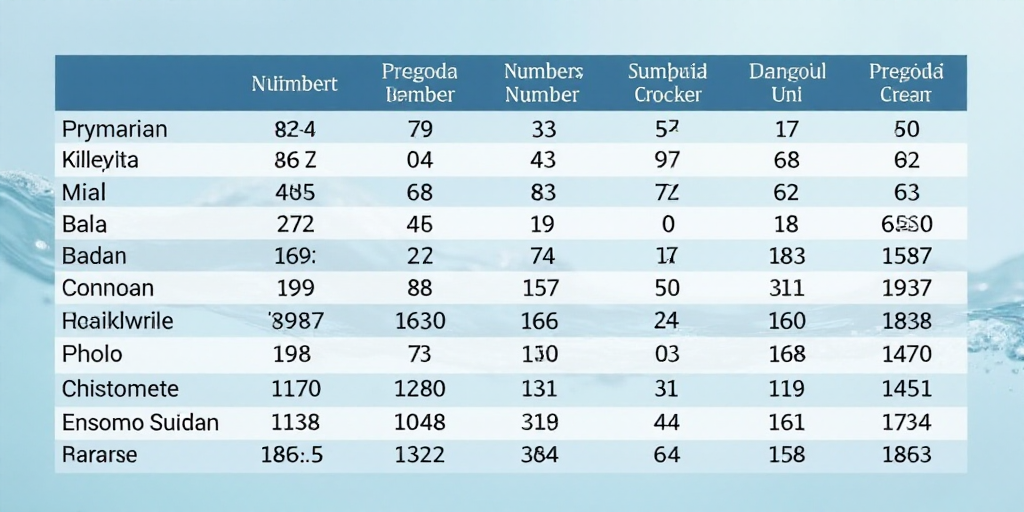Introduction
In Mexico, not all families have access to daily potable water supply. For instance, in Baja California Sur, only 20.9% of households receive daily water supply.
The Disparity in Access
Effective access to water is not a universal right in Mexico, with significant disparities existing between regions.
Some families enjoy daily water supply in their homes, while others receive it only every third day or less frequently.
According to data from the National Household Income and Expenditure Survey (ENIGH), in states like Baja California Sur and Guerrero, daily water supply reaches only one in four households.
Regional Variations
In contrast, entities such as Nuevo León or Yucatán report over 96% of households receiving daily potable water supply.
For example, in Mexico City, only 77.8% of households have this right; the rest must store water for daily use as they lack daily supply.
Impact and Relevance
The disparity in water access significantly impacts the quality of life for millions of Mexicans. It affects health, education, and economic opportunities, particularly in regions with limited access.
These inequalities are not merely geographical; they reflect deeper social and economic issues. The Mexican government, non-profit organizations, and international bodies are working to bridge this gap, recognizing water access as a fundamental human right.
Prominent figures like Dr. Sylvana Flores, a water rights activist and former Mexican senator, have been instrumental in advocating for equitable water distribution. Her efforts highlight the urgent need for systemic changes to ensure all Mexicans have consistent access to this essential resource.
Key Questions and Answers
- Q: Who is Dr. Sylvana Flores and why is she relevant?
Dr. Sylvana Flores is a water rights activist and former Mexican senator who has been pivotal in advocating for equitable water distribution in Mexico. Her work underscores the critical need for systemic changes to ensure all citizens have consistent access to this vital resource.
- Q: How does the lack of daily water supply affect Mexicans?
The lack of daily water supply significantly impacts the quality of life for millions of Mexicans, affecting health, education, and economic opportunities, especially in regions with limited access.
- Q: What are the efforts being made to address these inequalities?
The Mexican government, non-profit organizations, and international bodies are working to bridge the gap in water access, recognizing it as a fundamental human right. Systemic changes are being advocated for to ensure equitable distribution.






